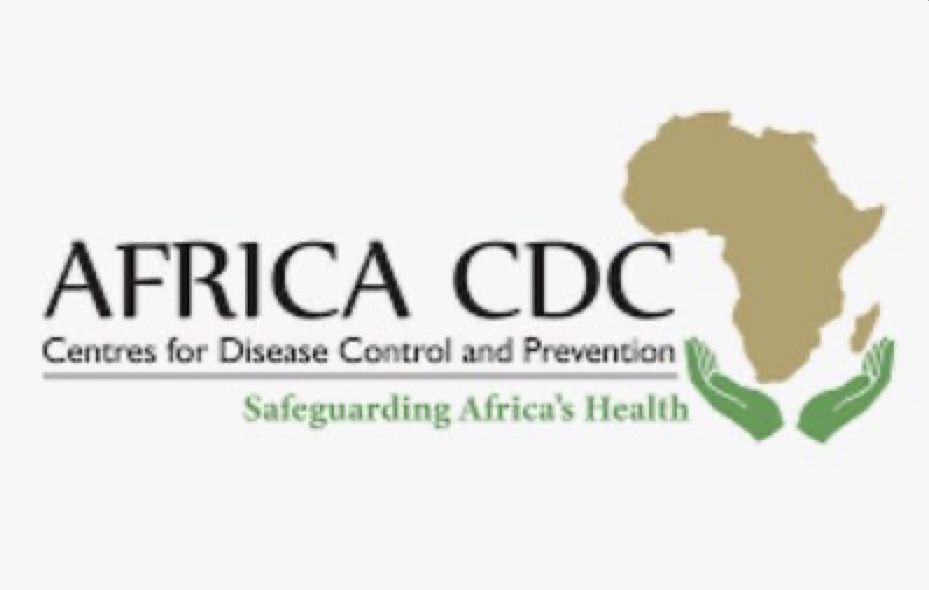Africa CDC Raises the Alarm on Remiss Cross-Border Coordination Amid Disease Threats

The Africa Centres for Disease Control and Prevention (Africa CDC) has warned that weak coordination among neighbouring countries is undermining efforts to detect and contain infectious disease outbreaks.
In response, the agency is renewing its call for stronger cross-border cooperation, data-sharing and regional preparedness. In a recently published strategic framework, Africa CDC and its African Union partners emphasize the need to harmonize surveillance systems at border points, standardize case definitions across countries, and establish interoperable reporting networks. According to the framework, 12 countries have committed to enhanced collaboration on mpox and other health emergencies. Their pledge includes joint surveillance efforts, coordinated vaccination strategies, and shared laboratory sequencing capacity. The urgency for such coordination has been underscored by recent developments. A fresh cluster of Ebola cases detected in Uganda—and ongoing mpox transmission elsewhere—highlight how rapidly infections can spread across borders when surveillance and contact-tracing efforts are not tightly aligned. Africa CDC is now calling on member states to ratify regional operating procedures that include joint outbreak investigations, agreed thresholds for travel-related health measures, and standing agreements for rapid deployment of response teams across borders. It is also advocating for interoperable digital reporting systems, routine cross-border simulation exercises, and regional stockpiles of diagnostics and therapeutics. In addition to stronger coordination, the agency warns that material shortages—such as access to vaccines, laboratory test kits, and rapid funding—continue to hamper effective responses. Africa CDC is urging international donors and regional governments to ensure timely financing and sustained supply chains to support cross-border mechanisms. Without such reforms, health officials say, national borders may remain artificial barriers to disease containment in a region where movement of people, animals and goods is highly interconnected.









